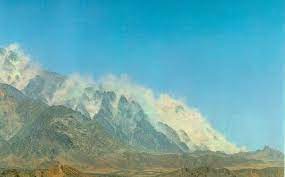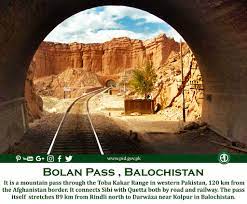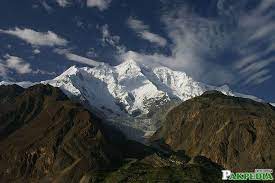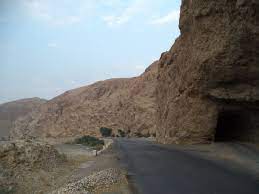The plateau of Balochistan has a number of mountain ranges which although barren are rich with mineral resources.
These mountain ranges make natural borders with Iran and Afghanistan. The passes through these mountains connect Pakistan with Afghanistan.
Some important ranges are:
1. The Chaghi Range

The Chaghi Range forms a triangular border with Afghanistan and Iran. The famous Gonshero Pass is located here. The Chaghi Range is rich with minerals like copper, gold and Sulphur. Pakistan carried out its first nuclear test at Chaghi.
2. The Central Brahui Range

The 360 km long Brahui Range is the southern branch of Himalayas lying in the central Baluchistan. It meets the Suleiman Range at Quetta. The Central Brahui range is covered with Juniper Forests.
Here Limestone is found in abundance. The Khilafat Peak is the highest peak of this range with a height of 3,487 meters. The major passes through this range are Bolan Pass, Harnai Pass and Mula Pass.
3. The Suleiman Range

The 400 km long Suleiman Range lies in a north to south direction parallel to the Indus River. Its height decreases as it extends southwards with 1,520 meters being the average height. Kaisargarh with a height of 3,441 meters and Takhat-e-Suleiman (throne of Suleiman) 3,379 meters high are the highest peaks situated in the North.
Juniper Forests are found in the northern side of the range whereas the southern side is barren. Minerals like Limestone and Sandstone are found in this area.
4. The Toba Kakar Range

The Toba Kakar range lies in the north and forms a border with Afghanistan. Unlike most of the Baluchistan ranges, it has vegetation in the form of juniper, pistachio and tamarisk trees.
Other mountain ranges of Baluchistan are Siahan Range, Makran Coast Range, Ras Koh and Hala Range.
